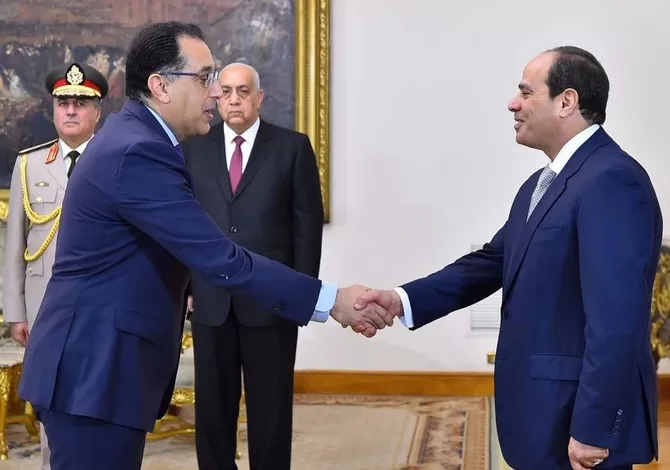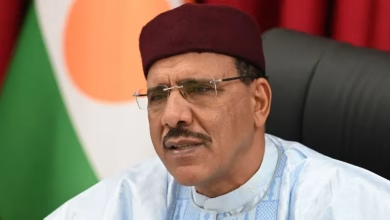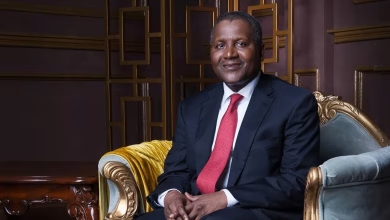Egypt’s President Reappoints PM Madbouly

- Egypt's President el-Sisi reappoints PM Madbouly.
- Madbouly to form new government to address security and economic challenges.
- New government to focus on national security, terrorism, and economy
- Egypt faces challenges including inflation and foreign exchange shortage.
Egyptian President Abdel Fattah el-Sisi has reappointed Prime Minister Mostafa Madbouly to form a new government . This comes after Madbouly submitted his resignation on Monday, two months after el-Sisi began his third term in office.
Madbouly, 58, was first appointed as prime minister in June 2018, replacing Sherif Ismail. He previously served as the housing minister since March 2014 and has also led the United Nations’ HABITAT Regional Office for Arab States.
The Egyptian presidency released a statement saying that Madbouly has been tasked with shaping a new government with the necessary expertise and competencies to tackle the challenges facing the state. The new cabinet will be expected to handle local and international issues, including national security, “terrorism” and Egypt’s ailing economy.
El-Sisi was sworn in for his third term in April after winning the election with 89.6 percent of the vote in December. His re-election was largely expected, as he ran without any serious challengers.
El-Sisi ordered the cabinet reshuffle as Egypt faces security and economic challenges while Israel’s war on Gaza rages on Egypt’s border. In late May, a member of the Egyptian security forces was killed in a shooting with Israeli forces along the border with the southern Gaza city of Rafah.
The Egyptian president has been working with the United States to mediate a potential ceasefire between Israel and Hamas and to get life-saving humanitarian aid to Palestinians after the Israeli takeover of Gaza’s border with Egypt last month.
As Egypt has tried to manage a chronic foreign exchange shortage and high inflation over the past two years, there had been speculation that Madbouly himself would be replaced. However, Madbouly’s reappointment suggests that he has retained el-Sisi’s confidence despite these challenges.
This year, the economy has experienced some reprieve after an investment agreement with the United Arab Emirates and Egypt agreed to other international funding deals, including an expanded loan program with the International Monetary Fund.
There was no immediate announcement on when the new cabinet would take office. El-Sisi wrote on social media that he has assigned Madbouly to form a new government that will achieve the desired development in government performance and confront the challenges facing the state.
Madbouly’s reappointment suggests continuity in Egyptian politics, but the formation of a new government may also bring changes in policy and priorities. The new cabinet will be expected to address Egypt’s pressing challenges, including security, economy and international relations.






